May 21, 2025 | 03:42 GMT +7
May 21, 2025 | 03:42 GMT +7
Hotline: 0913.378.918
May 21, 2025 | 03:42 GMT +7
Hotline: 0913.378.918
Food and Agriculture Organization (FAO)’s latest Food Price Index, which tracks monthly changes for a basket of cereals, oilseeds, dairy products, meat and sugar, was released on February 4.
The Food Price Index averaged 113.3 points in January, while the last month December’s index was 108.6 points, up from 107.5. Noticeably, the prices of cereals, sugar and oilseeds have seen a surge.
Some governments are taking drastic measures to address domestic food price hikes, although such moves entail an increase in global values as supplies for international markets are reduced. As a result, in grain prices, such as corn, have climbed to multi-year highs.
The world’s top grain consumer - China is stockpiling supplies, while Argentina has suspended sales of maize for export until Feb 28. Russia is imposing taxes on exports of wheat, barley and maize.
Rising food prices, coupled with the falling incomes worsen chronic and acute hunger, exerting an adverse influence on vulnerable households in almost all the countries, according to the World Bank.
In another statement, FAO stated that worldwide cereal harvests still reached an annual record in 2020, but warned of a plunge in stocks and signaled unexpectedly large import demands from China.
The FAO Cereal Price Index showed a sharp 7.1 percent monthly increase, led by international maize prices, which jumped by 11.2% and are now 42.3% above their January 2020 level. This is mainly attributed to substantial purchases by China and lower-than-expected production and stock estimates in the United States.
Wheat prices increased by 6.8%, by virtue of strong global demand and expectations of the falling sales in Russia when its wheat export duty doubles in March 2021.
The FAO Index of Sugar Price witnessed an 8.1% month-on-month increase. The increased global import demand was driven by poor crop prospects in the European Union, the Russian Federation and Thailand, together with drier weather conditions in South America.
The FAO Vegetable Oil Price Index rose by 5.8% which is the highest level since May 2012. This was partly because palm oil production in Indonesia and Malaysia were lower than expectation, together due to prolonged strikes in Argentina, causing fewer export possibilities for soy oil.
The FAO Dairy Price Index inched up by 1.6%. The driver was China's high purchases prior to the country's upcoming New Year holiday.
The FAO Meat Price Index was up 1.0%, led by brisk global imports of poultry meat, especially from Brazil, amid avian influenza outbreaks, which hindered exports from several European countries.
FAO has revised its forecast for the 2020 grain season from 2.742 billion tonnes to 2.744 billion tonnes, with jumps in both wheat and rice production. Global coarse grain output is forecast to drop, due to low output prospects in the US and Ukraine.
According to the United Nations, China has imported an unexpectedly large amount of maize this season, which significantly affected the estimates of the world utilization and stocks.
The forecast for global cereal utilization in 2020/21 is raised from 2744 million to 2761 million tonnes. Meanwhile, the forecast for global cereal stocks is lowered from 866.4 millon tonnes to 801 million tonnes.
World cereal trade in 2020/21 is now forecast at 465.2 million tonnes, a 5.7% rise from the previous season's record high. In general, the world trade of all commonly-traded food commodities will witness a jump.
Translated by Thu Hang
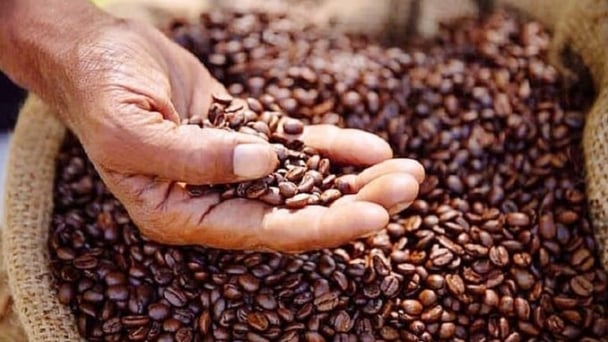
(VAN) Coffee prices on May 20, 2025, surged by VND 2,200, climbing to VND 126,000 – 126,700/kg. Meanwhile, global coffee prices also recorded a sharp increase.
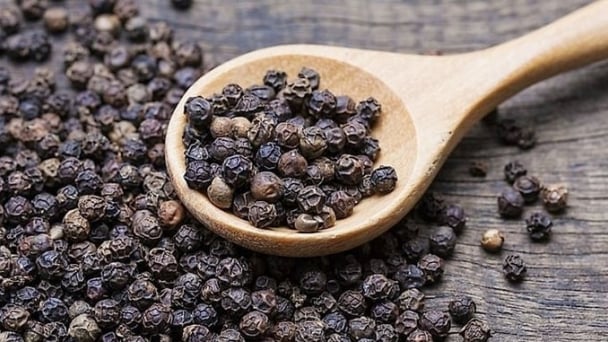
(VAN) Pepper prices on May 20, 2025, dropped by VND 1,000 only in Gia Lai, trading at VND 150,000 – 153,000/kg. Global pepper prices remained unchanged.
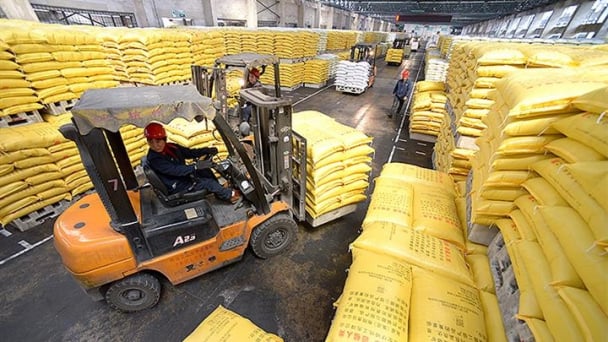
(VAN) Analysts are watching moves out of Asia, particularly with fertilizer.
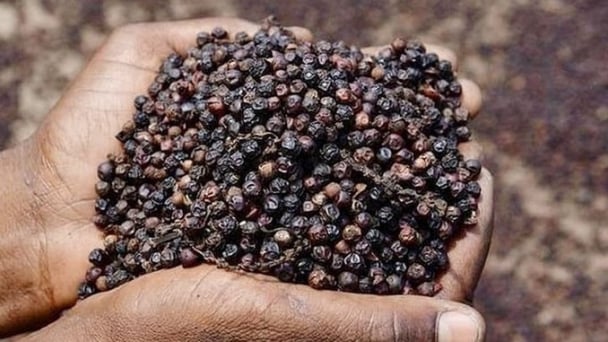
(VAN) Pepper prices on May 16, 2025, fluctuated by VND 500–1,000 domestically, trading at VND 151,000 – 152,000/kg. Global pepper prices remained stable.
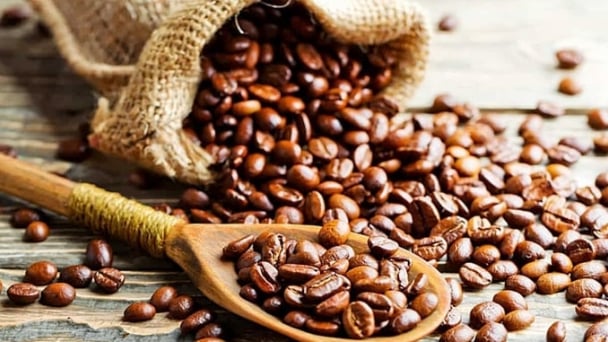
(VAN) Coffee prices on May 16, 2025, edged up by VND 200, trading around VND 125,900 – 126,200/kg. Meanwhile, global coffee prices are showing mixed movements.
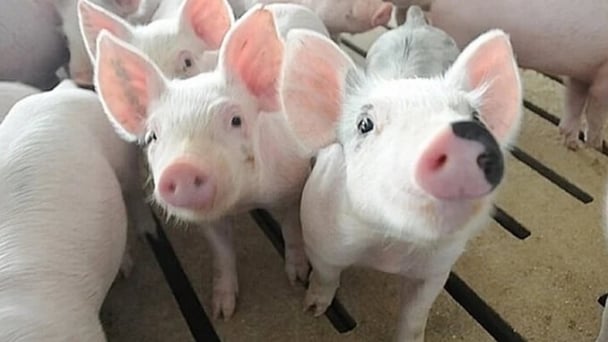
(VAN) Live pig prices on May 16, 2025, continue to remain flat. Live pig prices across the 3 regions are trading in the range of VND 67,000 to VND 75,000/kg.
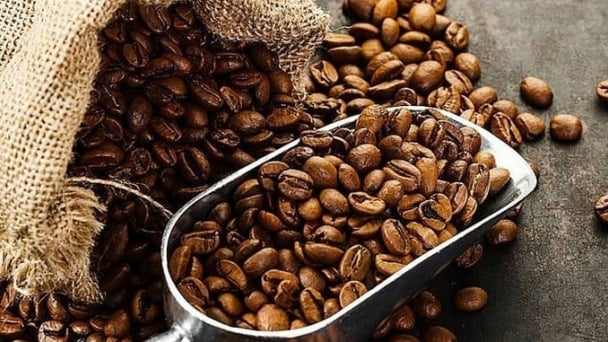
(VAN) Coffee prices on May 15, 2025, fell sharply by VND 2,500, trading at VND 125,700 – 126,200/kg. Global coffee prices also dropped significantly by 3%.